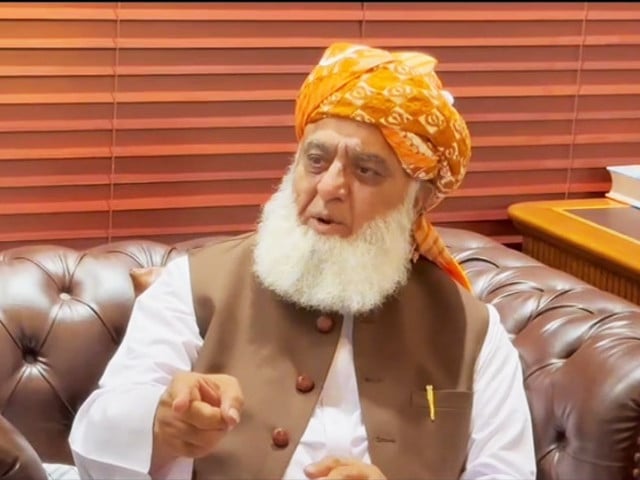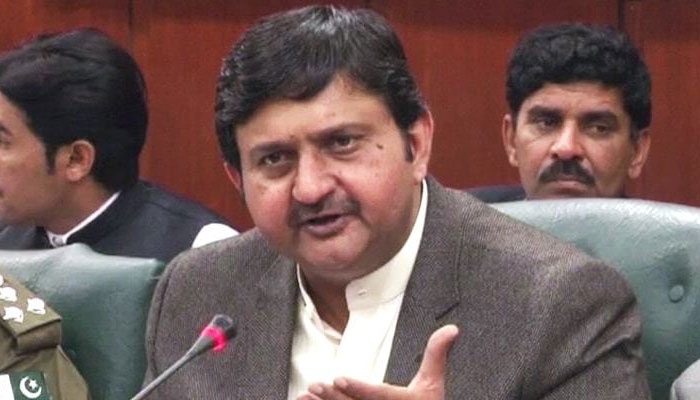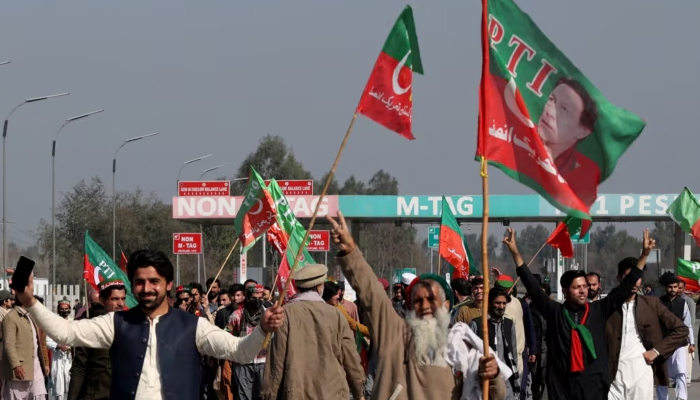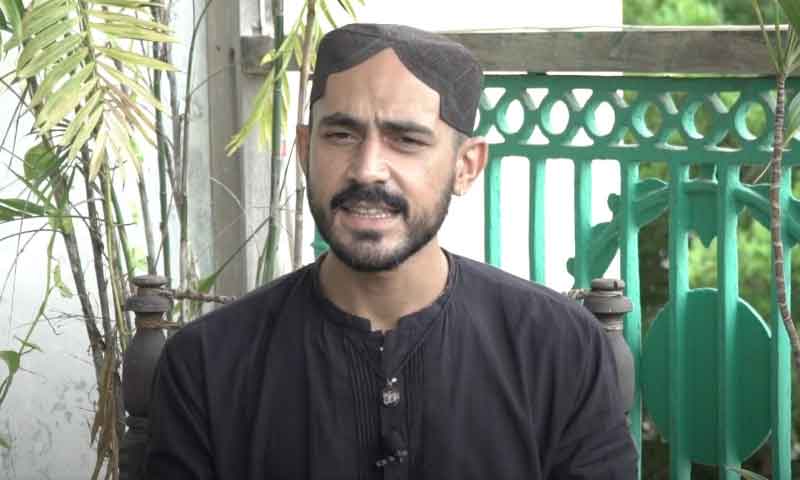POLITICS & POLICY MAKING
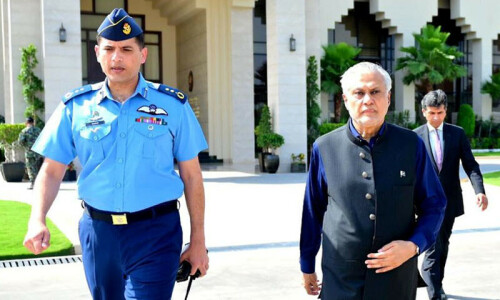
Deputy Prime Minister and Foreign Minister Senator Ishaq Dar arrived in Beijing on Monday for a three-day official visit at the invitation of Chinese Foreign Minister Wang Yi. The visit comes at a critical juncture, following a temporary ceasefire between Pakistan and India after a military standoff sparked by the Pahalgam attack in Indian-Occupied Kashmir.
Dar was received at the Beijing airport by senior Chinese officials and Pakistan’s Ambassador to China, Khalil Hashmi. According to the Foreign Office, the visit from May 19–21 will include in-depth discussions with Chinese leadership on the evolving South Asian regional security landscape, especially in light of recent hostilities with India.
The situation escalated earlier this month when Indian air strikes on May 6–7 in Punjab and Azad Kashmir killed several civilians. In retaliation, Pakistan downed five Indian fighter jets. The crisis deepened with drone interceptions and airbase strikes before the United States intervened on May 10, leading to a fragile ceasefire.
India has continued its aggressive rhetoric, while Pakistan has reiterated its commitment to dialogue and peace. Dar confirmed that discussions in Beijing would cover recent tensions, global affairs, and the broader political and economic partnership between Pakistan and China.
The visit also comes amid active diplomatic engagement, with Dar stating that he held two recent phone calls with Wang Yi before accepting the invitation to visit. The two countries are expected to review the full spectrum of bilateral ties — including economic cooperation, development projects like CPEC, and strategic communications.
Afghanistan’s interim Foreign Minister Amir Khan Muttaqi is also expected to participate in trilateral discussions focused on regional peace and security.
China reaffirmed its unwavering support for Pakistan during a meeting with President Asif Ali Zardari on May 5. Chinese Foreign Ministry Spokesperson Mao Ning said Dar’s visit reflects Islamabad’s strong commitment to developing its relationship with Beijing.
“China and Pakistan are all-weather strategic cooperative partners. We maintain close, high-level exchanges and are committed to building a shared future,” Mao said at a press briefing.
She also addressed the recent Pakistan-India standoff, urging both nations to maintain calm and confirming China’s role as a mediator for long-term peace. “We support the ceasefire and are ready to play a constructive role in maintaining regional peace and stability,” she added.
The visit underscores the strategic importance of Sino-Pak ties and reinforces their mutual commitment to peace, economic collaboration, and regional cooperation in an increasingly complex geopolitical environment.

